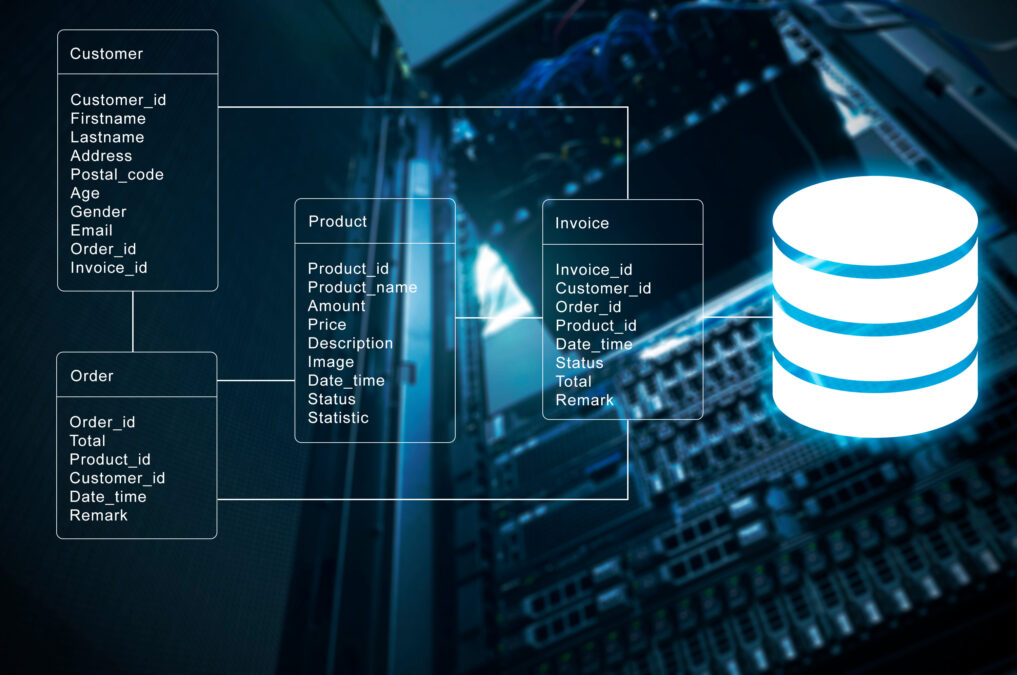Dietmar Rietsch, CEO of Pimcore, discusses how artificial intelligence (AI) can supercharge product data management
The global product information management (PIM) market is estimated to reach $16.5 billion by 2026 from $9.9 billion in 2021. A major contributor to this growth lies in the integration of artificial intelligence (AI) and machine learning (ML) in PIM systems. This combination equips businesses with abilities that range from organising and analysing to translating product data for actionable inputs that can be exercised across channels. It also eases the integration with an intelligent system capable of actioning future data management tasks through knowledge input.
Today’s modern PIM solutions not only allow enterprises to centralise large volumes of data but also helps improve the quality of information to make it publish-worthy across channels. Adding to this, the use of AI further serves as a blanket to solve all the problems that otherwise occur when implementing a PIM solution or software tool. From incorrect prices, inconsistent data sets, duplicate sheets to incomplete product properties, an AI-powered PIM solution can be trained to detect many such errors and correct them for better reliability.
How AI enhances PIM
An ideal AI-powered PIM solution addresses a gamut of data management needs that translate to benefits like analysing images and comparing them to product descriptions; translating texts automatically; analysing and comparing data; understanding the statistical rules; and correcting what doesn’t comply with those rules. The use of AI in PIM also helps create a contextualised, straightforward path for businesses to pursue by providing new insights accrued from various products and customer data sets across channels. With the right training, a neural network (deep learning) can be formed to sweep and analyse through metadata pertaining to different data sets for the delivery of accurate results across channels. Thus, it ultimately relieves organisations of time-consuming, repetitive tasks in managing changes or errors in their product data cycles.
The role of PIM is constantly evolving; for example, in experiential retail, the PIM system needs to be implemented with AI for human context. Here, there is a change in both sides of the retailer-consumer dynamic, through product information management solutions that are expected to be more open network-oriented with AI. Moreover, many construction organisations rummage through and find it hard to manage product data collected from different projects and channels. Most construction companies are now using AI in their PIM solution to make independent decisions on automating tedious, back-end, paper-based processes and further train the integrated neural network for accuracy in future outcomes.
Let’s delve further into how AI helps in optimising product information for various organisations:
Enhancing product information quality
The way businesses showcase their products has changed, with AI opening a window of future-driven possibilities. The age-old user journeys of product discovery and purchase have also changed. Moving away from traditional search-driven discovery through product data, AI has enabled companies to successfully enter the phase of training to adopt business-rule-driven practices. Product information optimised by AI has better quality because it is created, assorted, and disseminated by business users for specific business use cases. It is also essential to note the switch from keyword search to intent-based search in order to develop a dynamic product discovery and content release process. From product attributes extraction, product classification to recording customer sentiments as per set guidelines or governance policies – AI helps better achieve management of product data while establishing consistency as preferred by the business.
Improves reliability of product content
Manually ensuring data reliability or quality is a huge task, especially with the volume and complexity of product information updated across the value chain in the organisation. When you have quality and up-to-date data at all times, it will automatically enhance the reliability of the product content. Here, automating processes like product data analysis against the established unified workflows and governance rules can help follow through with business-oriented preferences that must be adhered to strictly. Operation teams who are compelled to spend time on manual, paper-based administrative tasks can leverage a PIM software ecosystem equipped with AI to better focus on core responsibilities and save time. Moreover, processes like manual item data cleaning and long system searches can be further automated by streamlining the AI with the PIM solution to save time and costs.
Faster assessment of product data
Faster assessment of product content can be achieved to make further quality improvements, including spelling, grammar, terminology, clarity, style, and product findability. Here, AI enables companies to create unique product content with a human-like touch, using their master data as its source. Basically, businesses can train the system to amplify the exposure of products by automating the product content generation process using Natural Language Processing (NLP) against guidelines. With this, businesses can further scale the solution, expedite the time-to-market, and reduce the costs of other implementations. Especially after a product release, organisations need to ensure they gain eyeballs from their target audience. With an AI-infused PIM solution, actionable insights of product data sets can be easily captured to help ward away manual hours and errors in assessing.
Deeper automation capability
AI optimisation can enable automated ingestion of structured data by a PIM system or search engine. This includes capabilities like validation, normalisation, gap analysis, improvement, translation, and more. The AI model through a neural network can help businesses gain deep learning capabilities coupled with automation. Using deep learning, the AI can further analyse digital assets, identify colours, moods, faces from products, and a lot more. Moreover, with deep automation capabilities, repetitive processes like the above can be set to deliver with experienced model training. Accuracy and consistency are set by the users, with an AI-based PIM solution allowing inputs from users to help navigate the machine learning process for future tasks. When implemented with PIM, AI proves to be a valuable asset as it has a long-term, future-ready impact on product data management.
Product information optimised by AI enhances quality and reliability, resulting in improved findability and delivery of speedy, consistent customer experiences across channels.
Crucial points to note while integrating AI with a PIM System
Businesses looking to transform their legacy data management solutions by investing in next-generation PIM need to ensure that the solution is equipped to provide contextual, consistent product information on all points of access throughout the customer lifecycle. This includes discovering, managing, governing, and analysing data sets, transactions, interactions, and policies for continued insights and deep learning as well. Here, the confluence of automation, AI/ML, and PIM are shaping new possibilities for businesses, with data management trends changing the paradigm – the way businesses optimise product information, automate operations, establish omnichannel distribution, and win customer loyalty.
Product data management with AI and automation capabilities is evolving at a rapid pace, but managing the same to achieve organisational aims requires the right mix of technology and expertise to train said AI models. By laying the foundation for better product data, the AI-powered PIM solution learns to translate, identify and perform many other functions to enhance data quality and governance. It also sets its own knowledge base open to business rules and other user functional inputs.
Hence, to keep data ready for model learning and training purposes, the following pointers need to be considered before implementing AI:
- If the quality of data is compromised in the PIM system due to inadequate governance measures, the learning process will not reap accurate results.
- If the quantity of data is insufficient, the learning process will not translate further.
- If all the content is heterogeneous in nature, no statistical trend can be processed further to identify rules.
Companies can leverage AI for product information management and take the next step to fuel their data-driven digital transformation intelligently. From NLP to ML, these cutting-edge technologies add value to prevalent solutions like PIM by simplifying product data enrichment processes for various businesses, saving manual hours and overall costs. Organisations can gain operational efficiency and accelerate time-to-market by leveraging AI/ML to cater to omnichannel customers and participate in digital transformation initiatives.








